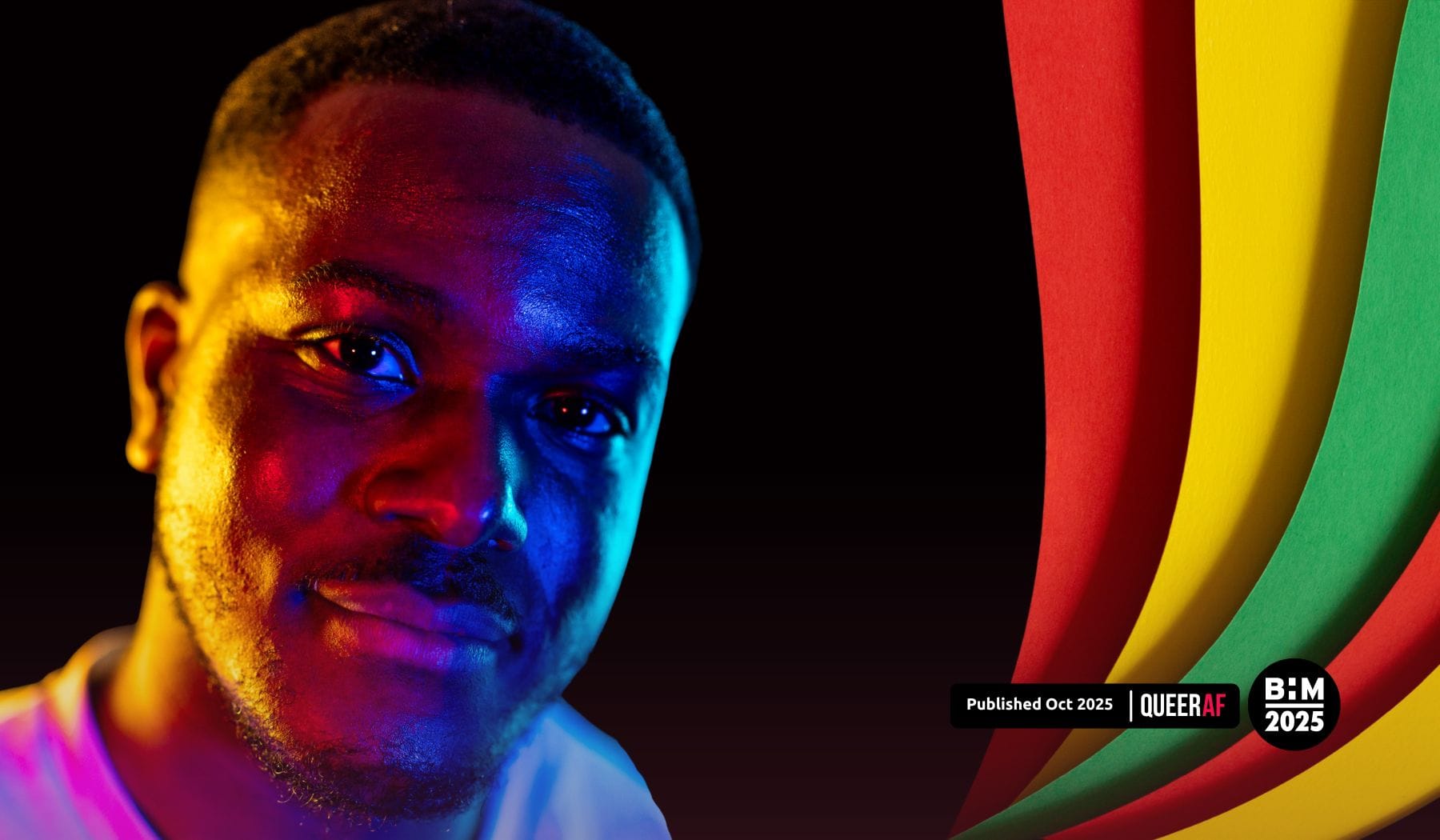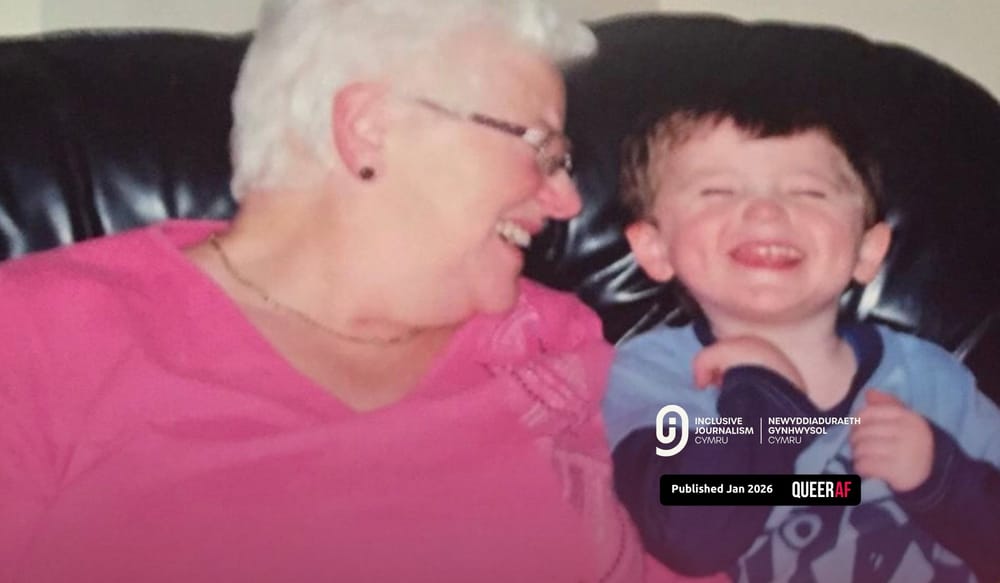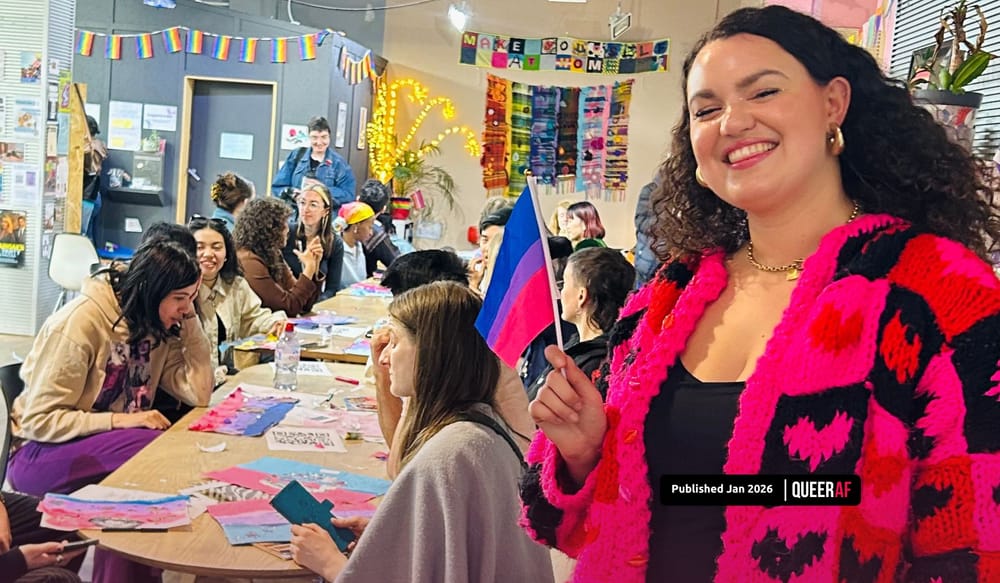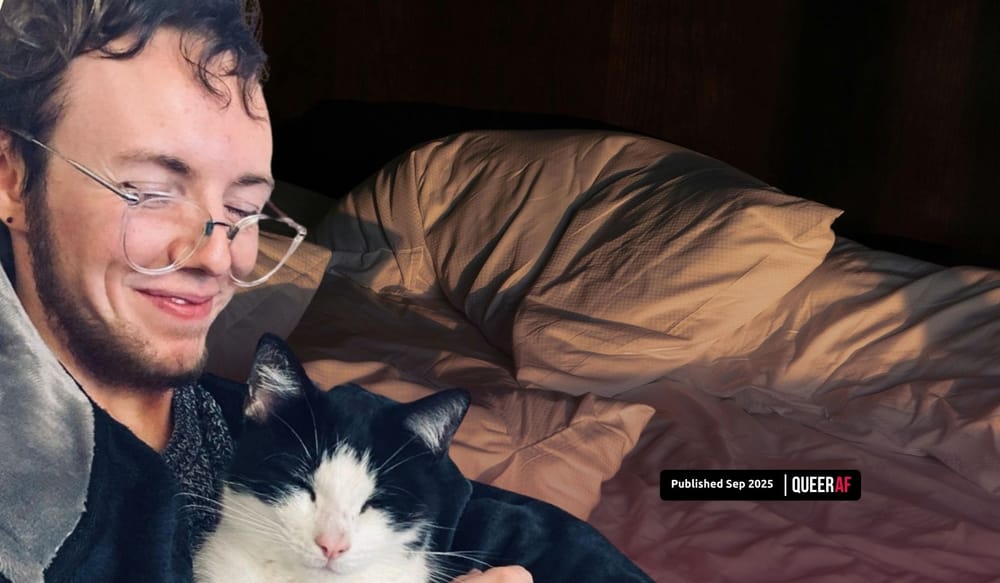
I was born in East London to first-generation Sierra Leonean parents who moved to England in the late ‘80s.
I only learned two things about Black history going to school during the ‘90s, even though Black people have been a fundamental part of British history for centuries.
Firstly, I was taught about slavery, presented through a narrow lens with Britain being the nation that ‘abolished’ it, making me believe my history began with enslavement. And I was taught about the US Civil Rights Movement, but the focus on America overshadowed the struggles and activism of Black communities in Britain.
I wasn’t taught about the rich and diverse history of Black people in Britain, such as the Windrush generation, the Black Tudors, or the presence of Black people in Roman Britain.
I don’t remember learning about Black history in October; now, this month is the only time in the year many children in the UK will learn anything about it.
The Black history I was taught was clearly fragmented and scarce, but even worse - I was taught absolutely nothing about Black queer history.
Therefore, it’s little wonder that I struggled a lot with my sexuality in my early teens - particularly as I went to school during the ridiculous age of Section 28.
Thatcher’s law prohibited the “promotion of homosexuality” by local authorities, censoring the curriculum and scaring teachers off of even acknowledging anything queer-related in schools.
I was 13 when it was repealed in 2003, but that didn’t remove its impact (which looks set to be repeated). Teachers still didn’t discuss anything queer, and friends were still cruel about queerness.
I left school with exacerbated feelings of loneliness and otherness; I was taught nothing about sexual orientation or accepting myself.
I didn’t have examples of Black queer people and relationships. There is a historic and powerful Black queer community in South London, but I wasn’t exposed to it.
Black queer contributions to art, culture, politics, and activism are often overlooked in mainstream histories, erased by racism in queer histories and by homophobia in Black histories.
Learning about Black queer history can validate experiences of young Black queer people and provide them with a sense of lineage.
Learning how past generations navigated life provides young people with tools, hope, and strategies for resilience in their own lives.
I would have benefited from learning about Ivor Cummings, the first Black person to hold a senior role as a civil servant, who played a key role in helping settle the Windrush generation. Not only was he of Sierra Leonean descent, but he was openly gay at a time when homosexuality was criminalised in England and punishable by imprisonment or chemical castration.
Knowing there was an out and proud British-Sierra Leonean could have given me the confidence to be the same.
I’ve spent my adulthood learning about this because I believe that understanding our history gives us a sense of belonging, empowerment, and resilience. It’s inherently queer to pick up the slack when no one else will. But why should we have to?
In an age of rising fascism, why on earth are politicians so focused on boats - when they could be thinking about sweeping changes, knowledge and information that would completely change the lives and well-being of young Black queer people?
When we understand that our history is diverse, it changes our outlook. I hope that this Black History Month, we all take the time to uncover the history lessons we were denied in school and ask: how many more generations will be denied them before we take action?
Phil Samba has joined QueerAF as our Black History Month guest editor. As well as writing for us, he has joined us in mentoring four queer creatives who'll be commissioned this month. Check out our latest mentoring and writing schemes here
More than a month
At QueerAF, we're obsessed with journalism and storytelling that puts lived experience in the driving seat.
So we're thrilled to be able to bring you Phil Samba's perspective - and those of several other Black queer creatives - this Black History Month 2025.
As a small indie publisher, we've done this series on a shoe-string budget. Everyone's been paid, and received mentoring and support - but imagine what we could do with more resources.
This month, our ask to you is this: if you learn, grow from or enjoy our UK Black History Month series, consider investing in it.
Help us fund even more Black, queer and trans creatives to tell stories - all year around.










